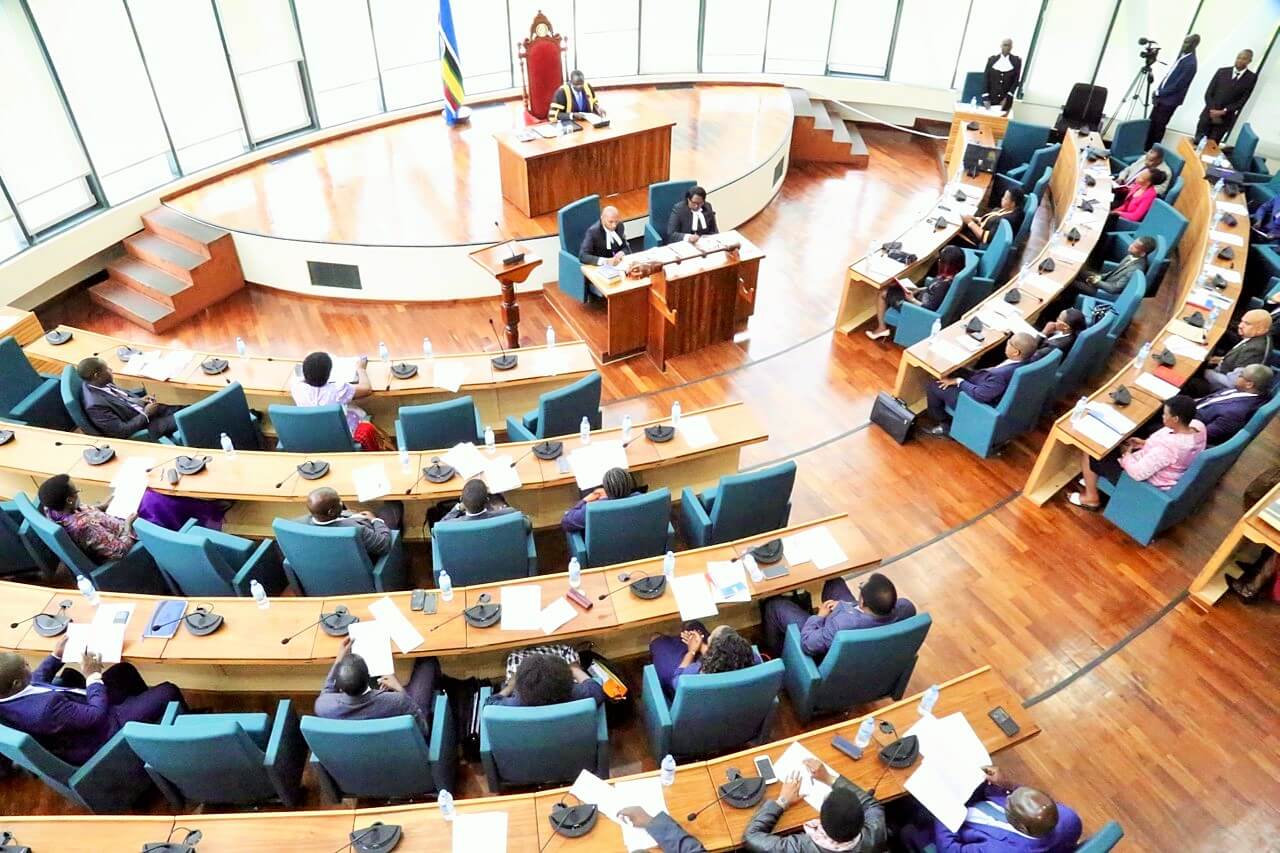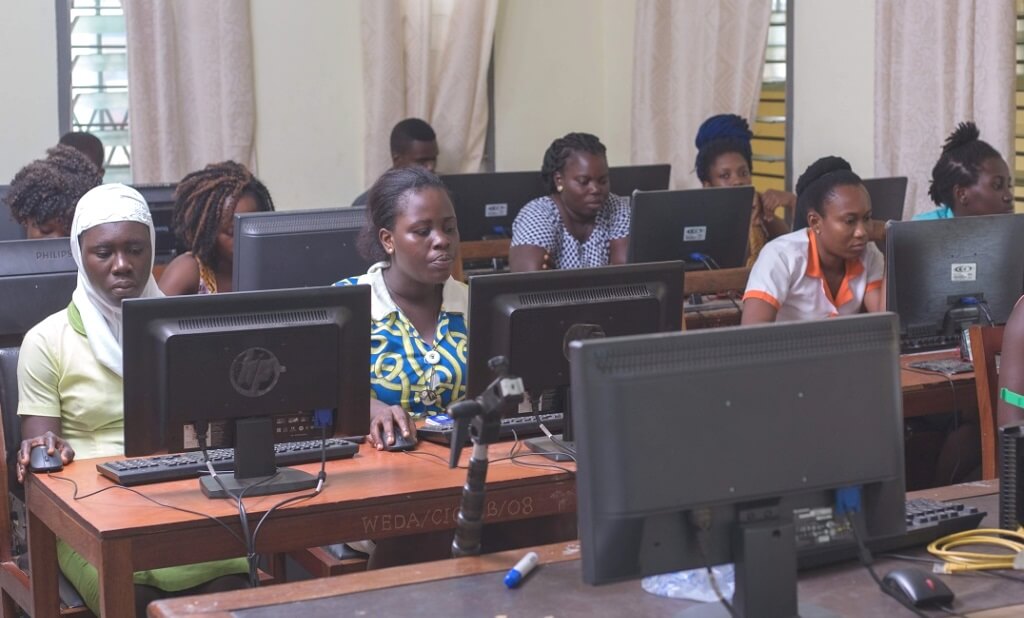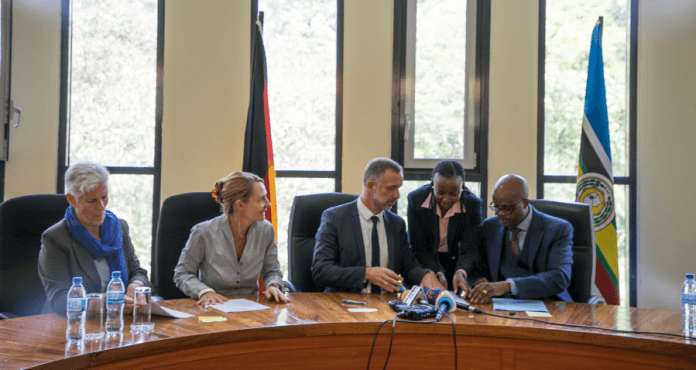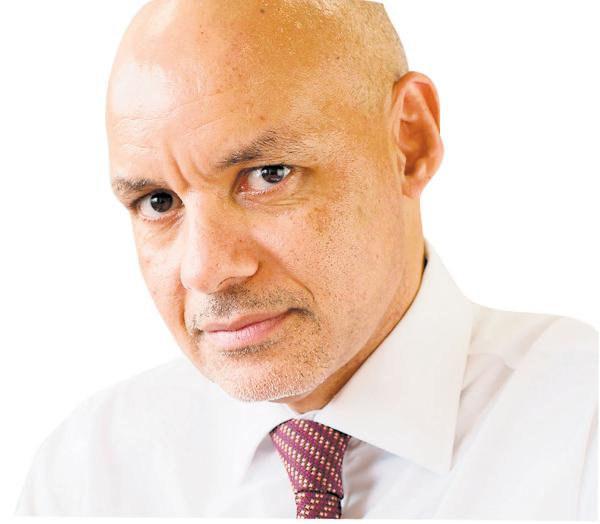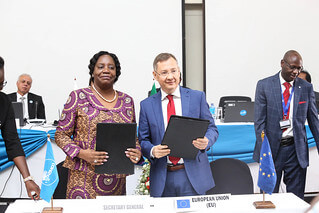THE East African Community (EAC) Council of Ministers has been tasked to furnish the East African Legislative Assembly (EALA) with comprehensive reports on regular basis about implementation of pillars of integration. Specifically, the ministers are supposed to inform the august House on each partner state’s status in relation to progress in execution of the Customs Union Protocol and the Common Market Protocol. The resolution was moved by Dr Abdullah Hasnuu Makame (Tanzania Constituency) and adopted by the House. It further wants the Council of Ministers to direct all partner states to fully implement the Customs U nion Protocol by June 2020 and the Common Market Protocol, a year later. The House further urges the Secretary General, (Ambassador Liberat Mfumukeko) to furnish the House with comprehensive reports on the implementation of the Food Security Action Plan, the Climate Change Policy and the Industrialisation Policy and Strategy. The Council of Ministers is also encouraged to develop Comprehensive Monitoring, Evaluation and Reporting frameworks that would track implementation of major actions to be taken and adopted by the Summit of EAC Heads of State and other organs. According to Dr Makame, it is only the Customs Union Protocol that has a stipulated Treaty Timeframe under Article 75(7 ), with the Treaty documenting a period of four years in which to conclude it. He informed the House that, Article 7 7 of the Treaty forecast on the establishment of a Common Market through a Protocol that would be concluded without prescribing a timeframe to achieve...
EALA demands updates on integration pillars
Posted on: December 16, 2019
Posted on: December 16, 2019

